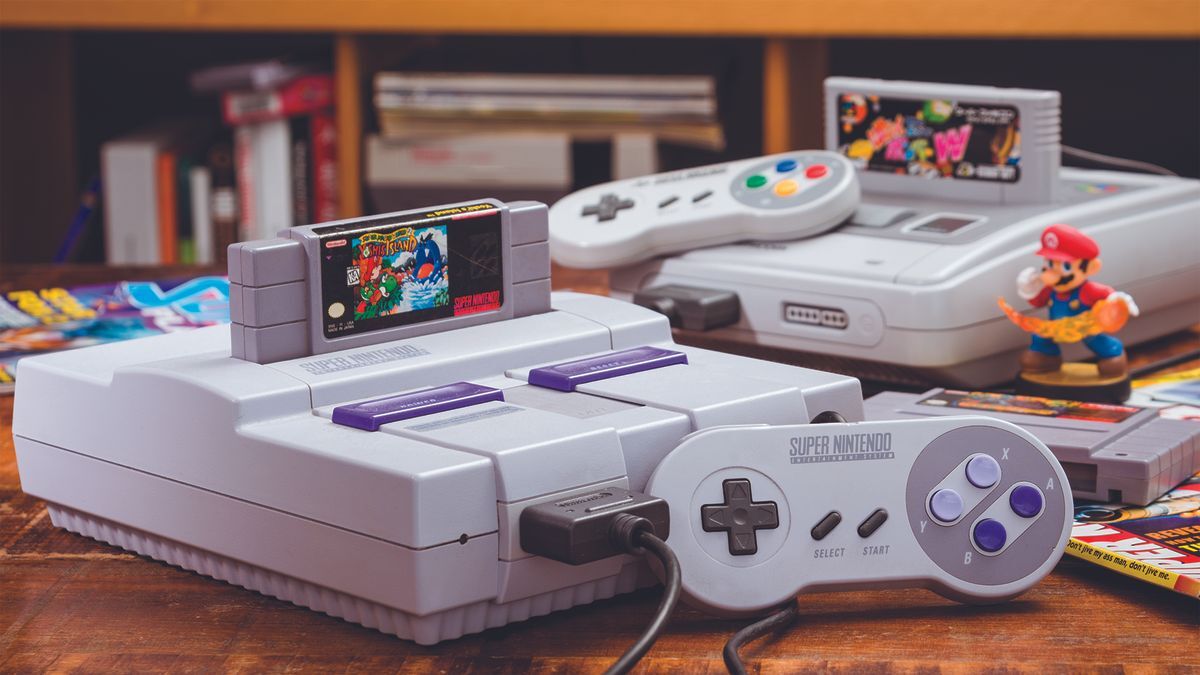- cross-posted to:
- libre_culture
- [email protected]
- [email protected]
- games
- cross-posted to:
- libre_culture
- [email protected]
- [email protected]
- games
A three-year fight to help support game preservation has come to a sad end today. The US copyright office has denied a request for a DMCA exemption that would allow libraries to remotely share digital access to preserved video games.
“For the past three years, the Video Game History Foundation has been supporting with the Software Preservation Network (SPN) on a petition to allow libraries and archives to remotely share digital access to out-of-print video games in their collections,” VGHF explains in its statement. “Under the current anti-circumvention rules in Section 1201 of the DMCA, libraries and archives are unable to break copy protection on games in order to make them remotely accessible to researchers.”
Essentially, this exemption would open up the possibility of a digital library where historians and researchers could ‘check out’ digital games that run through emulators. The VGHF argues that around 87% of all video games released in the US before 2010 are now out of print, and the only legal way to access those games now is through the occasionally exorbitant prices and often failing hardware that defines the retro gaming market.



Well, we’ve gone from 24 and 5 to a 10 year compromise, so we can agree to disagree on that basis.
That said, I do disagree. You are underestimating how relevant arcades were in 2001. Soul Calibur may have been an early example of the home game being seen as better than the arcade game in 1999, but it was an arcade game first, I had played the crap out of it by the time it hit the Dreamcast.
And I was certainly aware of Maple Story before it was officially released here. And of course I mentioned WoW as the launch of the GaaS movement, but that’s not strictly accurate, I personally know people who lost a fortune to their extremely expensive Ultima Online addiction in 1997/98.
I am still not convinced that the experience of those gamers was any better or worse, me having been there in person. The kids in my life seem perfectly content with their Animal Crossings, Minecrafts and even Robloxes. The millions of people in Fortnite don’t seem mad about it. I sure was angrier about that Resident Evil business at the time than people are about the Resident Evil remakes now. Hell, I got pulled from playing a fantastic remake of Silent Hill 2 by an even better JRPG in Metaphor ReFantazio, and neither of those games features any MTX or service stuff. And of course that’s not mentioning the horde of games in the 20-40 range that are way better and more affordable than anything I had access to in the 90s.
People are nostalgic of the nostalgia times, reasonable or not, and time has a way of filtering out the nastiness, especially if you were too young to notice it. I was wired enough to hear the lamentations of the European game development community being washed away by Nintendo and Sega’s hostile takeover of the industry and their aggressive imposition of unaffordable licensing fees. I was aware of the bullshit design principles being deployed to milk kids of their money in arcades. I had strong opinions about expansion packs and cartridge prices. It’s always been a business, it’s always been run by businessmen.
Best you can do is play the stuff that’s good and ignore the rest.
Second best you can do is be publicly mad at the business driving unreasonable regulations that are meant to do the public a disservice.
Third best you can do is start archiving pirated romsets to privately preserve gaming history, blemishes and all, so we get to keep having this argument when the next generation of gamers are out there claiming that Fortnite used to be cool when it was free and had a bunch of games in there instead of requiring you to sign off your DNA to be cloned for offplanet labor or whatever this is heading towards.
Got time for a short story?
Manna